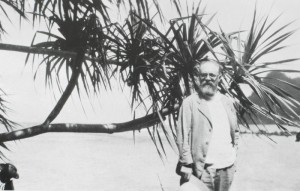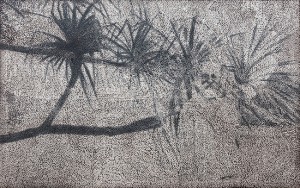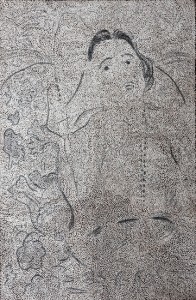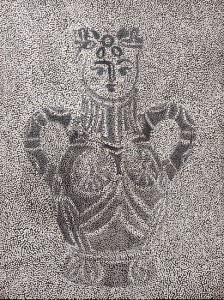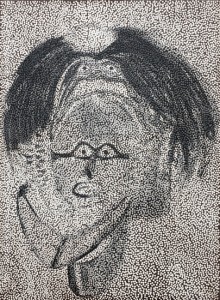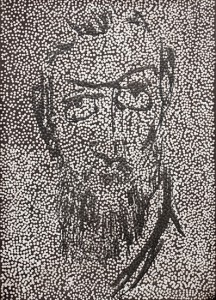Paradise
In European vision and the South Pacific, published in 1960, Bernard Smith wrote that, ‘European observers sought to come to grips with the realities of the Pacific by interpreting them in familiar forms’. That is, European vision, brought to the Pacific as it ‘opened up’ to Cook’s 1768 voyage, carried with it a familiar frame through which to experience the ‘new’ world. Paul Carter, writing in his 1994 book The lie of the land, makes the same observation in more general terms, noting that ‘the coloniser produces the country he will establish out of his own imagining’. The constituent parts of this country—the landscape, flora and fauna, even the human inhabitants—come to serve roles calibrated to the shifting ideologies of colonialism. Perhaps they might signify abject fear or endless possiblity; the dark night of a pre-enlightenment world or the bountiful paradise of an untouched arcadia. Henri Matisse, visiting Polynesia in 1930, no doubt saw a vision of the modernist avant-garde reflected back at him, exactly, one might argue, what he sought when he set sail from Europe. Sixteen years after his visit, during what he romantically termed ‘reveries’, he would call forth his version of paradise to produce works like Oceania—the sky (1946). As is well known, along with other artists like Picasso, Matisse’s engagement with the art of Africa and Oceania is popularly seen to have underwritten the gains of European modernism in the twentieth century. But, as with any colonial project, these gains can now be understood as more complex and conflicted. Theirs was a vision driven by a European mythology of the authenticity of non-European cultural forms, an authenticity which we might now recognise as contingent on the voicelessness of these forms within the world of modernity. Matisse’s ghostly figure at the centre of one of Daniel Boyd’s recent paintings seems to attest to this—it is an unsettling presence, one which looms largest only in peripheral vision. Boyd’s new paintings suggest that to visualise paradise now is to witness the ghost of colonialism. We might realise that the paradise sought beyond the familiar boundaries of empire was no paradise at all.
Daniel Boyd, Kalimanrawlins, Melbourne, 11 August – 1 September 2012.
